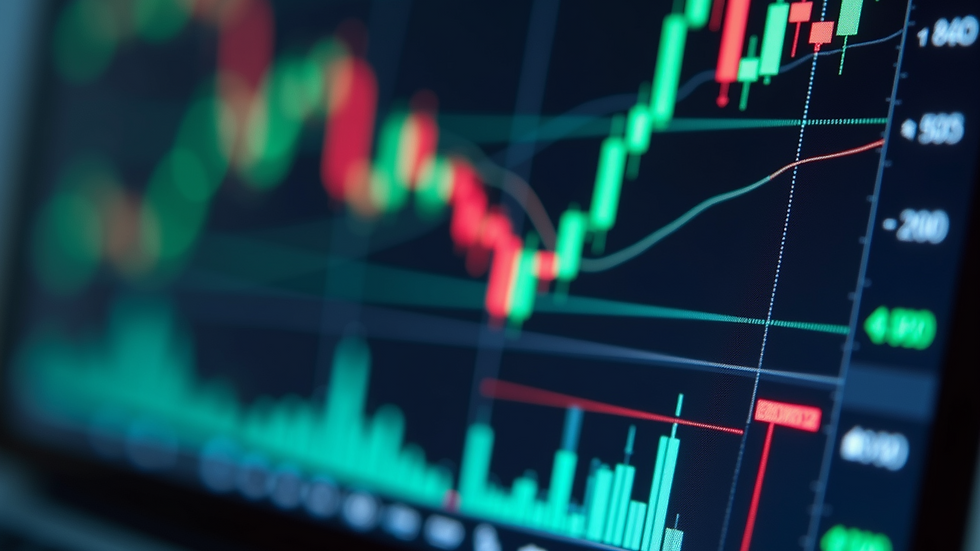Trading the News: A Powerful Technique for Financial Investors
- forex368

- Jan 19, 2023
- 2 min read
Trading the news is a popular technique used by financial investors to trade equities, currencies, and other financial instruments on the market. It involves taking advantage of short-term market movements triggered by economic news reports, corporate announcements, or shifts in central bank policies. In this blog post, we will explore different ways investors can trade the news and the impact of social networks on market dynamics.
Manual Trading: Manual trading involves actively monitoring market events and making trading decisions based on the occurrence of specific events. Investors who trade shares of listed companies are aware that certain events can cause the share price to rise or fall. By trading the news in a timely manner, investors can capitalize on these events and make profits. This approach requires vigilance and a good understanding of market dynamics.
Automatic/Program Trading: Program trading, also known as event-based algorithmic trading, has gained popularity since the early 2000s. It utilizes computer-generated algorithms to trade a basket of stocks in large volumes and frequencies. Institutional investors, such as hedge fund managers or mutual fund traders, employ program trading to execute large-volume trades efficiently and minimize risks. This approach is highly automated and relies on predefined instructions to execute trades.
"Buy the Rumour, Sell the News": One common strategy in trading the news is to "buy the rumour and sell the news." This approach involves speculating on the potential impact of an upcoming event before it occurs. Traders may enter positions based on rumours or expectations of positive outcomes. Once the news is released, if the market reaction is in line with expectations, traders may sell their positions to lock in profits. This strategy requires careful analysis and risk management.
Social Networks in Trading the News: Social networks, such as Twitter and Reddit, have become powerful sources of information that can significantly impact financial markets. Traders and investors actively share ideas, discuss market trends, and exchange tips on these platforms. Social media posts from influential figures or viral discussions can create rapid price movements in stocks, cryptocurrencies, and other assets. Retail traders, in particular, have been increasingly participating in the market, contributing to volatility and straining market infrastructure.
The Rise of Meme Investing: The phenomenon of meme investing, driven by social media platforms like Reddit's r/WallStreetBets, has garnered attention in recent years. Retail traders form online communities, collectively targeting specific stocks and creating waves of volatility. The sharing of gains and losses on social media platforms fuels fear of missing out (FOMO) and leads to herd mentality among traders. While some traders have experienced significant gains, others have incurred substantial losses due to the unpredictable nature of meme stocks.
Conclusion: Trading the news can be a powerful tool for financial investors, providing opportunities for profits based on market events and announcements. Manual trading allows investors to capitalize on specific events, while program trading offers efficiency and risk management for institutional investors. However, the influence of social networks on market dynamics, particularly in the era of meme investing, introduces a new level of volatility and challenges traditional trading strategies. As with any investment approach, it is essential to understand the risks involved and exercise caution while trading the news.




